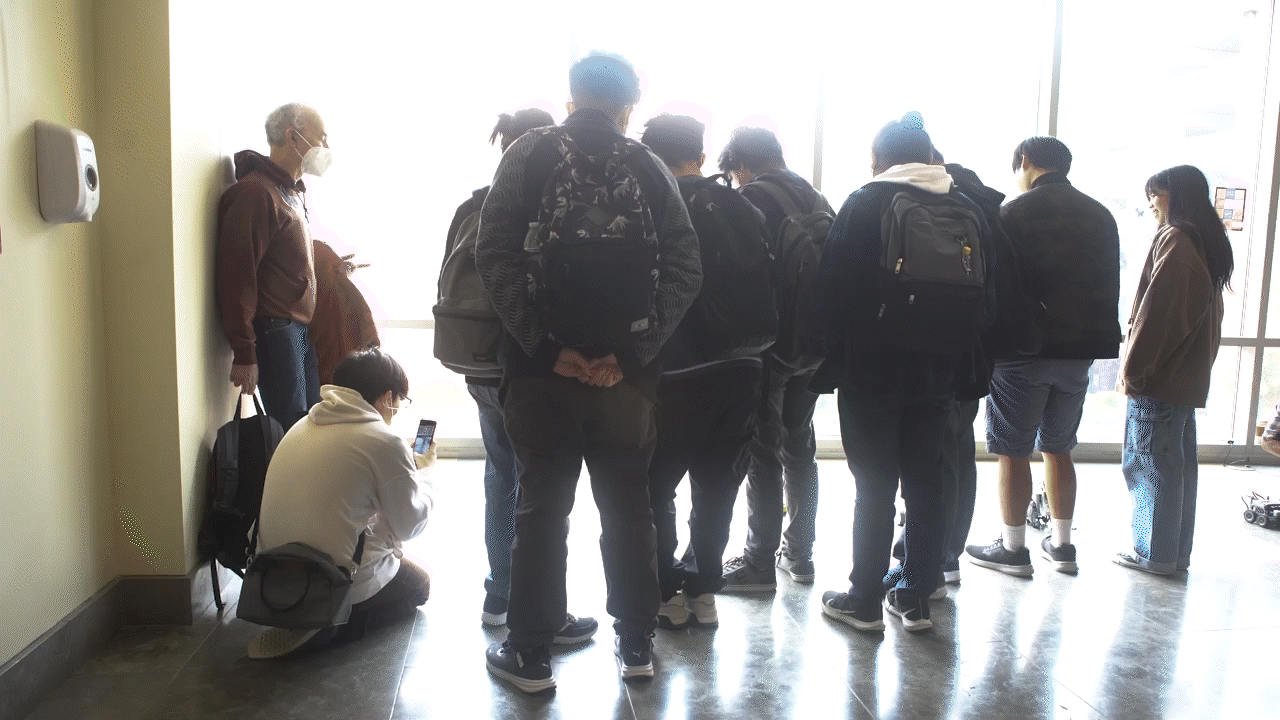
Ke Xu, the recipient of a 2020-2021 Women in Science and Engineering (WiSE) Program Merit Award. PHOTO/ Ke Xu.
USC Viterbi doctoral student Ke Xu is the recipient of a Women in Science and Engineering (WiSE) Program Merit Award. The stipend of $1,500 applies to the 2020-2021 academic year and is designated for current doctoral students at USC.
Said Xu: “I have been greatly inspired by the distinguished women faculty at Viterbi as well as the spirit and vision of the WiSE program. The WiSE Merit Award motivates me to continue devoting myself to my passion of exploring creative solutions for scientific and technological challenges in the field of robotics. Inspired by the achievements of many female scientists and engineers in the WiSE community,I hope to improve the lives of people and contribute to bringing about an imaginative and futuristic world with my robotics research and innovative product inventions.”
Xu’s research focuses on the creation of electronics-free, entirely-soft autonomous robots. In order to achieve this, she embeds control systems within a robot’s structure that mimic the decentralized control mechanisms—for example, the coordinated motion of a sea star, despite its lack of a central nervous system—observed in animals. One of the key features of her approach is that the feedback and computations for control are accomplished by the compliant—or flexible—mechanisms themselves, avoiding the need for an electronic interface or hard components.
The novelty of her approach is the development of a new framework that enables the co-design of distributed motor-control systems for fluidic soft robots, which is reflected in the following two aspects of the design. First, the elements of a soft robot’s motor system—actuators, sensors, controllers—are designed to be intrinsically integrated without explicit interfaces that allow for information exchange. Such integrated design naturally facilitates a soft robot to coordinate its “muscles” without a central “brain.” Second, her approach further enables the simultaneous design of both computation algorithms and corresponding electronics-free “hardware” implementation by the introduction of a generalized concept of a logic gate—a building block for a digital circuit that produces a set output based on pre-established rules assessing the nature of the inputs.
Xu is a member of the Autonomous Microrobotic Systems Laboratory (AMSL), advised by Néstor O. Pérez-Arancibia, USC Viterbi Assistant Professor of Aerospace and Mechanical Engineering.
Xu recently published her first journal paper in the IEEE Robotics and Automation Letters . She presented this at the 2020 IEEE International Conference on Soft Robotics. This video presentation is also available online (Username: RoboSoft2020 / Password: RoboSoft2020).
Published on July 7th, 2020
Last updated on July 7th, 2020











